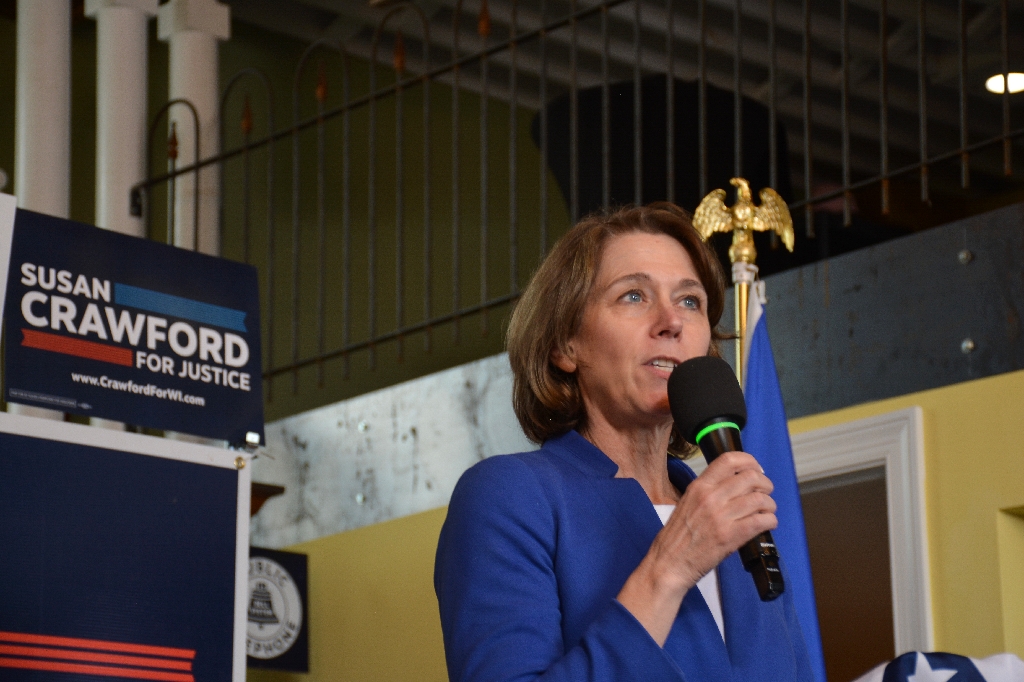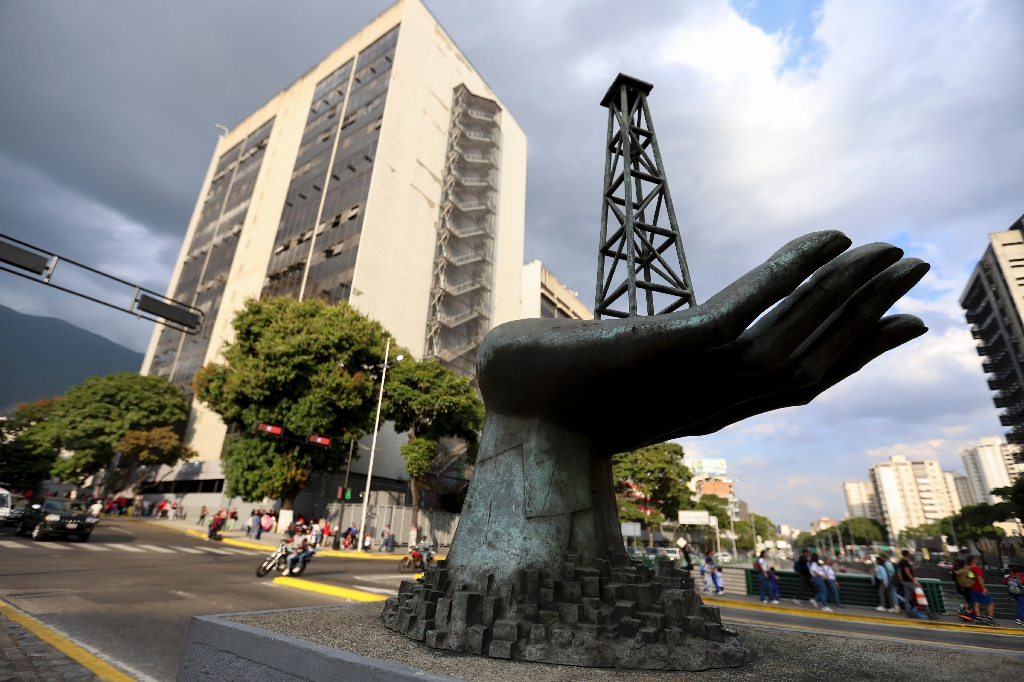(AFP) – Across the US battleground states, voters voiced anxiety about Tuesday’s election finale, divided — like the country at large — by starkly different visions of the future. The solemn nature of the voting process provided a contrast to the hyper-charged campaign cycle, marked by Kamala Harris’s late entry, two assassination attempts on Donald Trump, and often vicious rhetoric. Millions stood in line patiently, sometimes displaying their preferences on T-shirts or hats, or simply carrying American flags.
“This election is foundational for the future of our democracy,” said Sam Ruark, a 50-year-old green campaigner in the hurricane-hit mountains of North Carolina, one of seven swing states that will decide the election. When asked about their choices, voters often echoed the main policy talking-points from the campaign, from immigration and abortion rights to the economy.
“We don’t need another four more years of high inflation, gas prices, lying,” Darlene Taylor, 56, told AFP in Erie, a bellwether county in Pennsylvania — which is the biggest and most prized of the swing states. Wearing a homemade T-shirt bearing the names of Trump and his running mate J.D. Vance, she said her main issue was to “close the border” to migrants. “America comes first, and Harris is not going to support that,” added Taylor, who said she lived on disability benefits.
Other Trump supporters said they were drawn to his perceived strength and promise to “Make America Great Again.” The 78-year-old Republican has spent much of his campaign promising to singlehandedly solve the country’s problems at home and abroad, with a new slogan that pledges “Trump will fix it.”
“I know he has a tough approach, but I think that tough approach helps the world know that he means what he says, and I think that’s very important,” Candyce Sandusky, a 66-year-old teacher in Pennsylvania, told AFP. His threats of revenge against his political opponents and recent suggestion that he should never have left the White House after his 2020 defeat have many worried about fundamental freedoms, however.
“The main issue for me is the continuation of our democracy,” Ken Thompson, a 66-year-old stonemason told AFP, in Erie, Pennsylvania. “I don’t want an autocrat.” “I just hope things change between inflation and then the job market… but then I’m also concerned about more existential questions about the future of the country, which way we’re headed,” said Whytne Stevens, a 28-year-old urban planner in Atlanta, Georgia.
Others were drawn to Democratic candidate Kamala Harris’s more optimistic, unifying style and the symbolism of electing the first woman president, who is also Black and of South Asian origin. “There’s obviously a lot on the line for people and especially having the first woman to be president would be really cool,” said first-time voter Marcy Davis, 18, in Bristol, Wisconsin.
Women voters are expected to be crucial for Harris, and pre-election polls showed her with a large lead among them, helped by robust opposition to abortion restrictions enacted by Republicans. US Supreme Court justices appointed by Trump helped overturn the federal right to abortion in 2022 — an issue Harris has pledged to tackle if elected. “I really want us to have access to safe and legal abortions in our state and across the country, so that was one of my biggest issues that I was voting for today,” said Stephani Gonzalez, a community organizer, 25, in Arizona.
Turnout is expected to be crucial in Tuesday’s vote, with long queues indicating that many Americans had embraced calls from the candidates, celebrities, and activists to carry out their democratic duty. “It’s way, way, way more people here than the last election,” Marchelle Beason, 46, told AFP in Erie, Pennsylvania after putting on an “I voted” sticker.
burs-adp/des – Francois Picard with Anuj Chopra in Atlanta, and Tannen Maury in Salem Lakes, Wisconsin.
© 2024 AFP




